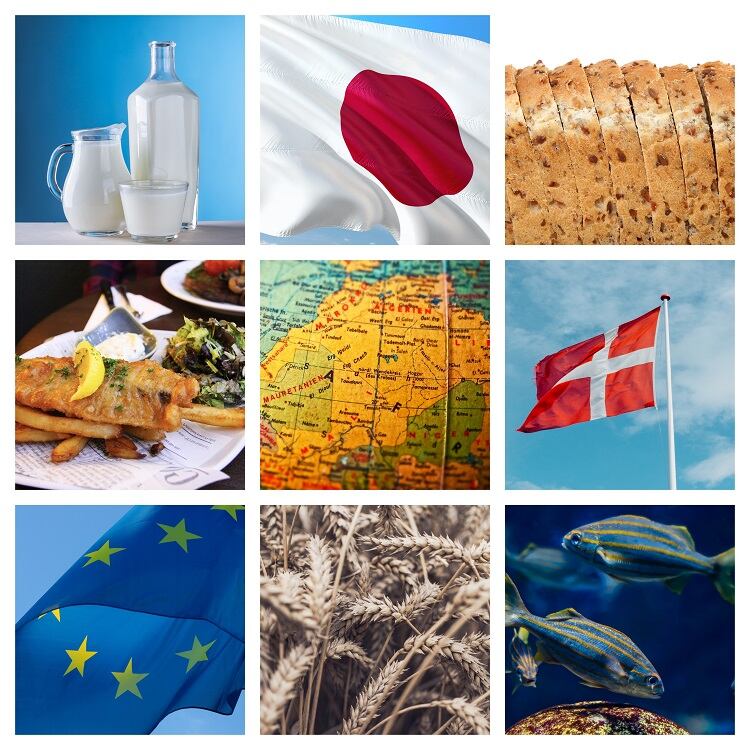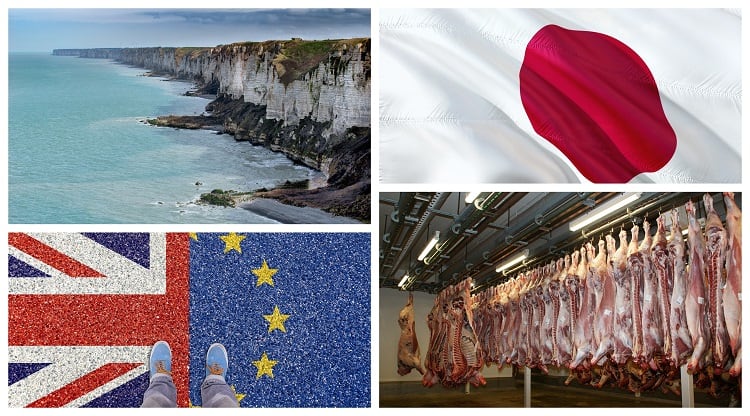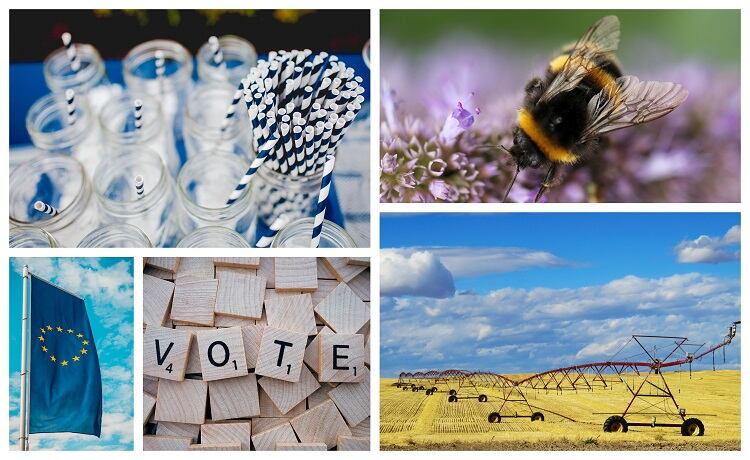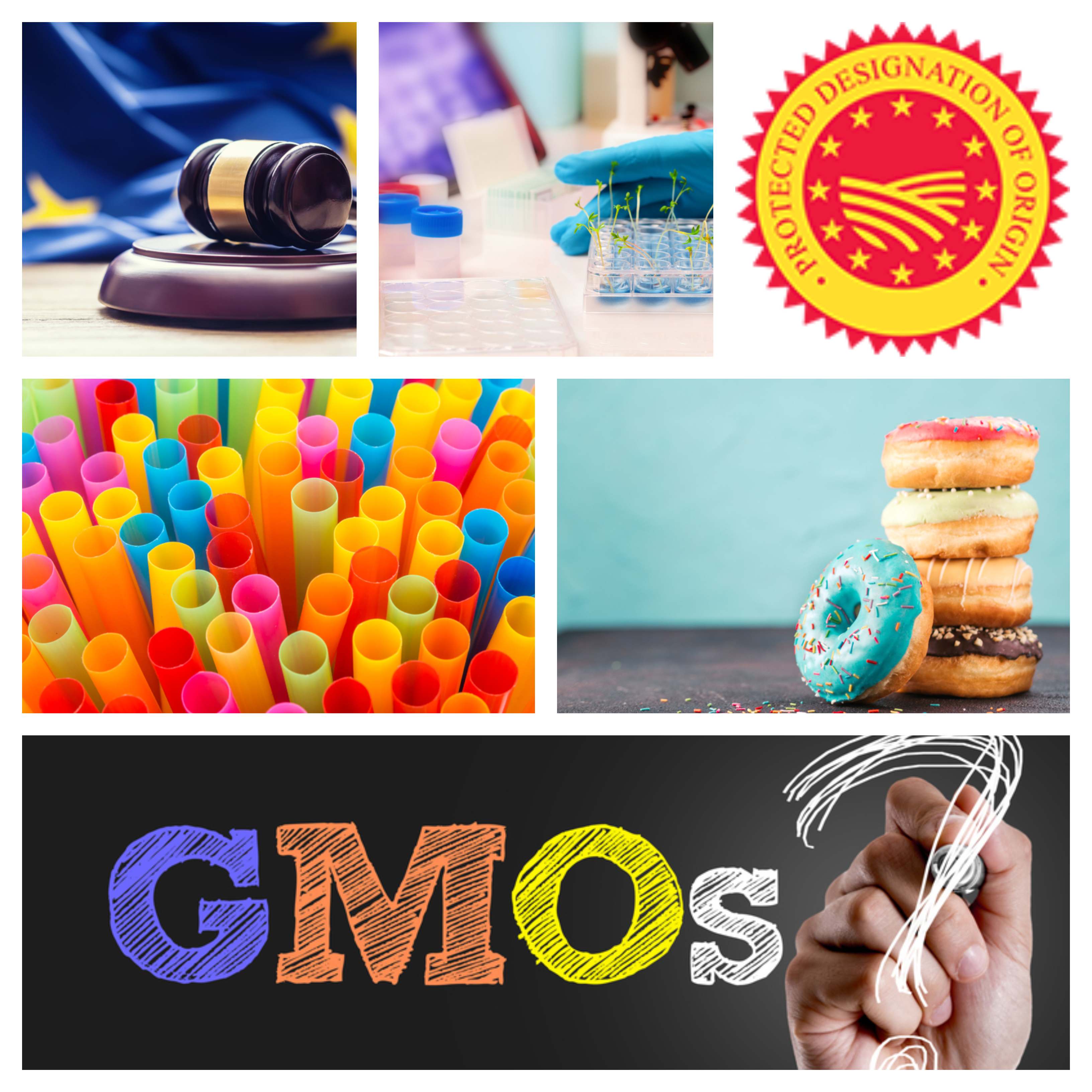JRC targets fishy behaviour in processed foods
A novel method of identifying fish species in food products has been developed by the EC’s science and knowledge service, the Joint Research Centre (JRC).
According to the EC, traditional fish identification methods can be challenging to use when applied to highly processed products, such as fish fingers.
This latest method, however, is complementary to existing fish identification strategies, and will support the prevention of frauds.
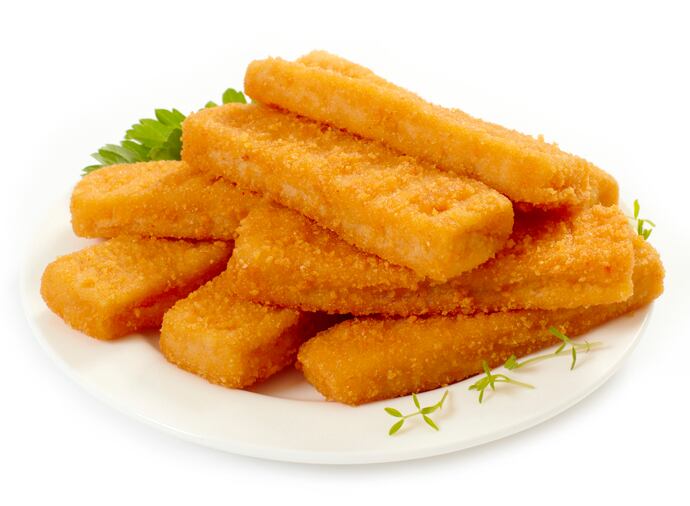
“JRC scientists applied a bioinformatics driven approach to identify novel regions in the genome of fish that can be used as informative ‘markets’ specific to each species,” explained the EC.
“These markers were analysed by Next Generation Sequencing, a technology able to sequence hundreds of thousands [of] DNA fragments in parallel.”
When tested, the DNA-based method successfully identified cod – a species that is often mislabelled or replaced by cheaper varieties in processed foods – in raw, frozen, salted, and cooked fish samples.
EC unveils ‘Africa-Europe Alliance’ report for agri-food sector
EC President Jean-Claude Juncker has unveiled a Task Force for Rural Africa report with recommendations designed to strengthen alliances in food and farming.
The report recommends a partnership between Africa and the EU at a business, government and societal level to establish ‘a closer connection’. The EC will now start to implement a number of projects, including setting up an AU-EU Agribusiness platform, as well as innovation hubs to support ‘agripreneurs’ in the African agri-food sector.
"Agriculture and rural development policy is leading the way in EU-Africa political cooperation,” according to European agriculture and rural development commissioner Phil Hogan.
“The Task Force Rural Africa is at the centre of this work: its recommendations explore ways to boost public and private investment, to exchange best practice and share knowledge, and to deepen policy cooperation across the board.”
The full Task Force for Rural Africa report, ‘An Africa-Europe agenda for rural transformation’, is available here.
Member States want a piece of Danish wholegrain pie
The consumers, health, agriculture and food executive agency (Chafea) has launched a call for projects relating to the ‘Transferring the Wholegrain’ promotion initiative.
The campaign, which aims to promote health and reduce non-communicable chronic disease across the Member States, was first launched in Denmark under the Danish Whole Grain Partnership (WGP).
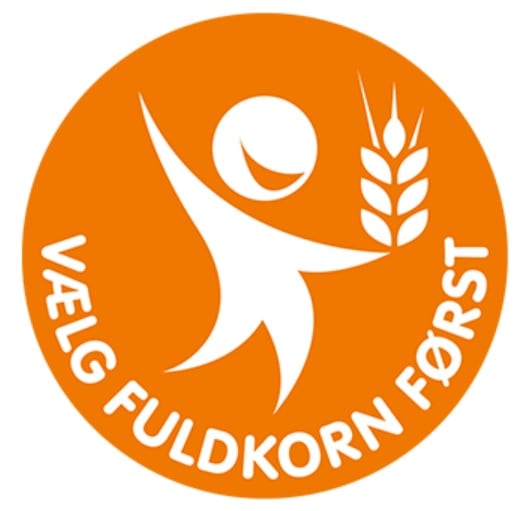
Denmark has seen whole grain intake rise significantly since launching the campaign. According to WGP, Danes now have an average intake of 63 grams of whole grain per day, and 30% of the Danish population now eats the recommended amount of 75 g of whole grain per day.
Additionally, Danes with the lowest whole grain intake have now doubled their intake compared to the previous average.
Member States applying for funding have been asked to describe and justify how they will encourage citizens to increase whole grain intake, which could be by increasing the use of whole grain in food products, or by increasing the offer of whole grain options.
Calls for applications are open until April 10.
EU court overturns EFSA call on unpublished studies
Perhaps the biggest news to come out of the European courts this week was the decision to overturn the European Food and Safety Authority (EFSA)’s judgement regarding unpublished glyphosate studies.
Yesterday (8 March) members from the Green Party contested EFSA’s resolution to refuse access to details of studies it had used to assess the safety of glyphosate – one of the most widely used herbicides in the EU. EFSA had said that such data could harm the commercial interests of companies behind the studies.
The EU General Court found that the requested studies relate to “emissions to the environment” and “an overriding public interest in disclosing the studies is deemed to exist”.
“EFSA could not therefore refuse to disclose them on the ground that that would have an adverse effect on the protection of the commercial interests of the owners of the requested studies,” said the Court in its findings (available here).
The decision to overturn comes more than three years after EFSA concluded that glyphosate is “unlikely to pose a carcinogenic hazard to humans”. MEPs from the Green Party found this statement controversial, given that the International Agency for Research on Cancer (IARC)’s conclusion that glyphosate was potentially carcinogenic just months earlier.
EU to welcome milk imports from Japan
The European Commission has authorised the introduction of raw milk, dairy products, colostrum and colostrum-based products from Japan.
In the Official Journal of the European Union, the Commission stated that from an animal health perspective, Japan meets its requirements.
“Japan is a third country listed by the World Organisation for Animal Health as being free of foot-and-mouth disease where vaccination is not practised and therefore fulfils the Union animal health import requirements,” writes the Commission.
Annex I to Regulation (EU) No 605/2010 will come into effect later before the end of the month.


